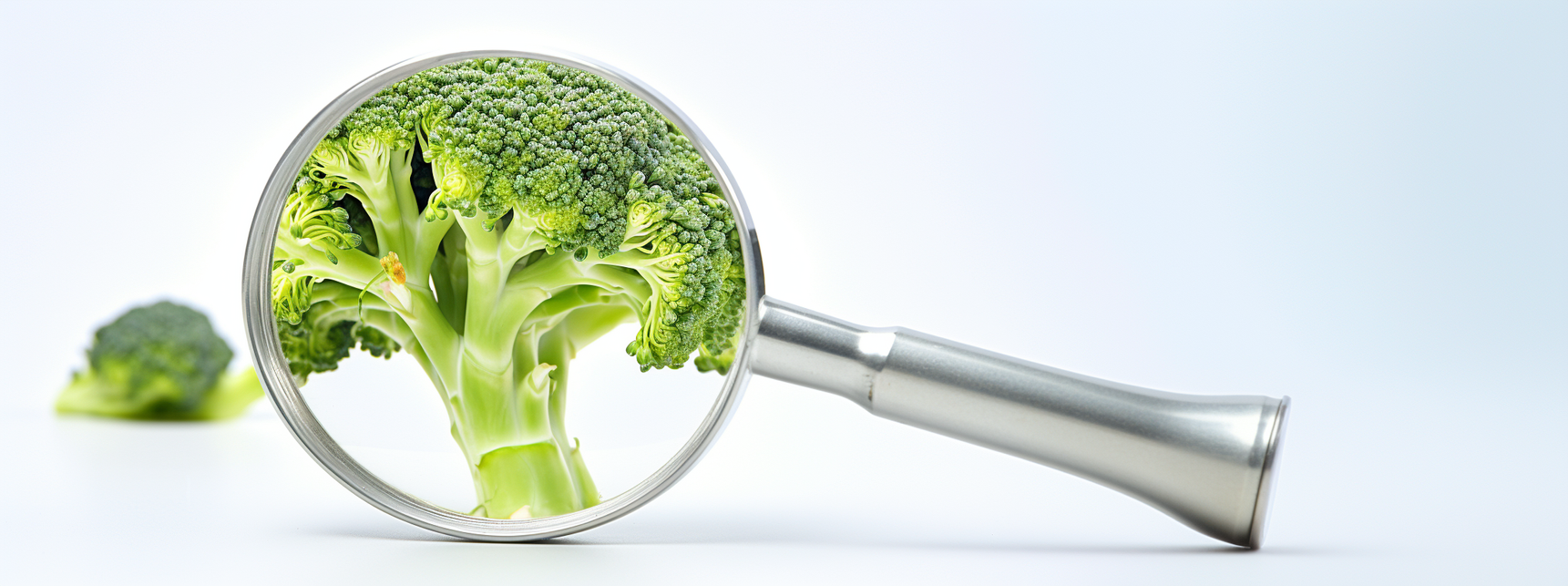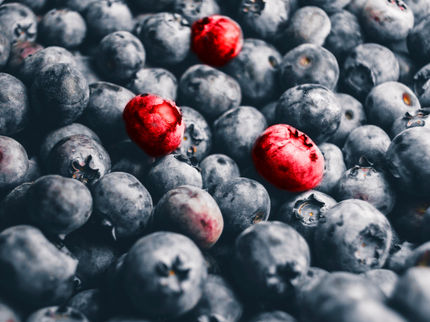Honey samples against honey adulteration
The German Beekeepers' Association supports the EU HarmHoney project to combat honey fraud. At the beginning of the new year, the first 26 authentic honey samples from Germany made their way to the EU's Joint Research Center. In total, the German Beekeepers' Association collected around 100 samples to support the HarmHoney project.
The aim of the project is to optimize and harmonize analytical methods for detecting honey adulteration. Several methods are being investigated, as there is no single method that can detect all adulterations. Rather, a large repertoire of methods is required.
Based on the results, the research centre will draw up recommendations for standardization for the relevant standardization organizations. Standardization is necessary to ensure comparable results from different laboratories. Official recognition is also generally dependent on the prior standardization of the method. This means that the result benefits the European community as a whole and not just a single laboratory.
Harmonization requires, among other things, a database of honeys with different varieties and origins. The German Beekeepers' Association is now providing the first samples from Germany for this purpose.
The project came about as a result of the findings of the coordinated EU action "From the hives". In view of the number of suspicious samples among the imported honeys tested, the German Beekeepers' Association, together with associations from other Member States, had called for consequences. Through intensive work, the issue was finally included in the new EU Honey Directive.
"We would like to thank all beekeepers who provided honey samples. Our special thanks go to the LAVES - Institute for Apiculture in Celle, which was responsible for determining the variety of many samples, and to Wolfgang Baum, honey chairman of the Berlin regional association, who was fully committed to coordinating the collection of samples."
Note: This article has been translated using a computer system without human intervention. LUMITOS offers these automatic translations to present a wider range of current news. Since this article has been translated with automatic translation, it is possible that it contains errors in vocabulary, syntax or grammar. The original article in German can be found here.
Other news from the department science
Most read news
More news from our other portals
See the theme worlds for related content
Topic world Food safety
Food safety is at the heart of the food and beverage industry. It ensures that the food we eat every day is not only nutritious, but also free of harmful contaminants. From field to plate, the industry monitors and regulates every step of the process with strict quality controls, advanced testing methods and continuous research.

Topic world Food safety
Food safety is at the heart of the food and beverage industry. It ensures that the food we eat every day is not only nutritious, but also free of harmful contaminants. From field to plate, the industry monitors and regulates every step of the process with strict quality controls, advanced testing methods and continuous research.





























































